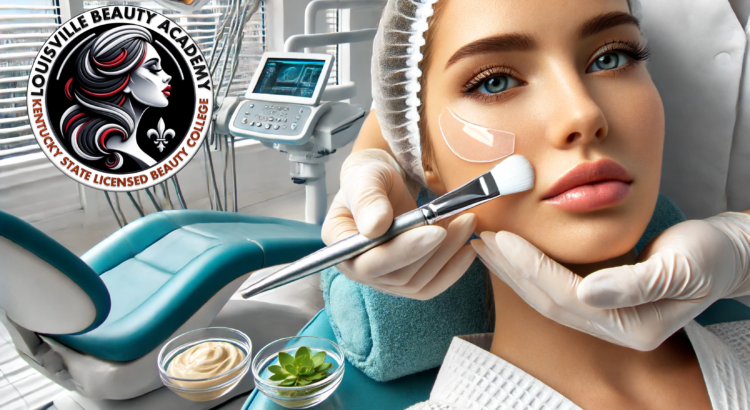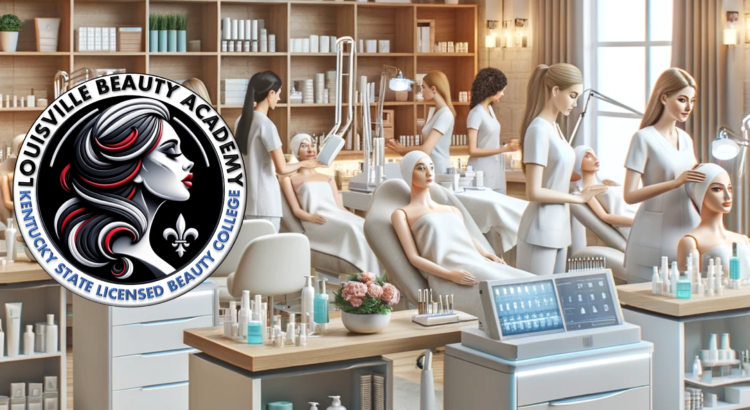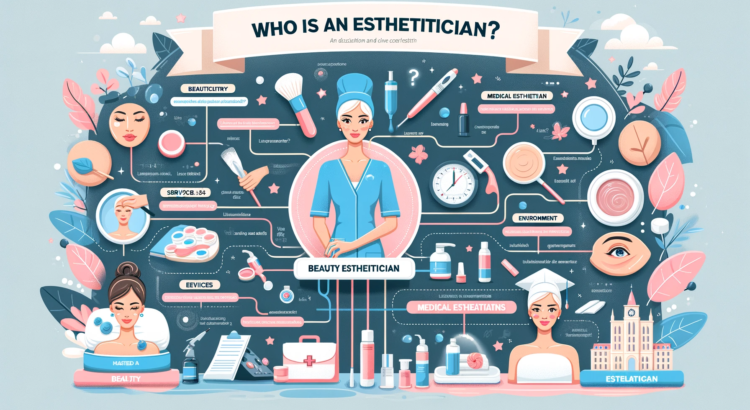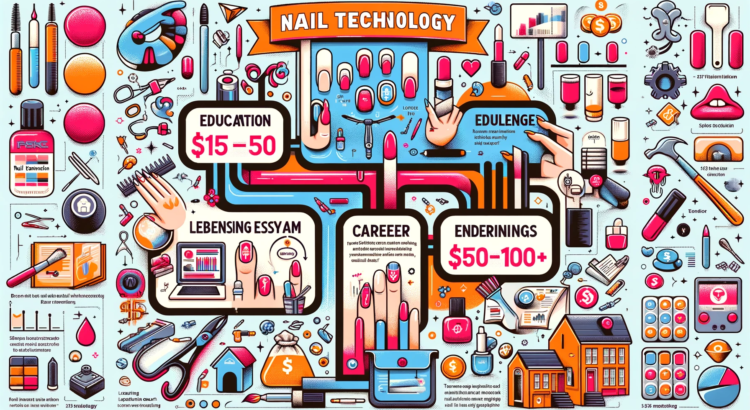The role of estheticians is expanding beyond traditional beauty and medical settings, entering the realm of dental care. Dental offices are increasingly incorporating esthetician services to provide comprehensive care that enhances both dental health and overall facial aesthetics. This trend presents new opportunities for graduates of Louisville Beauty Academy, a Kentucky State-Licensed Beauty College, to explore innovative career paths.
Why Estheticians Are Joining Dental Offices
Enhanced Patient Care: Dental offices are recognizing the value of offering a holistic approach to patient care. Estheticians can provide treatments that complement dental procedures, such as skincare for patients with braces or oral appliances that may affect the skin around the mouth.
Cosmetic Synergy: Many dental patients seek cosmetic enhancements, including teeth whitening and veneers. Estheticians can offer complementary services such as facials, microdermabrasion, and chemical peels to enhance the overall appearance, creating a more balanced and attractive smile.
Increased Patient Satisfaction: Combining dental and esthetic services in one location offers convenience and comprehensive care, leading to higher patient satisfaction. Patients appreciate the convenience of addressing both dental and skin care needs in one visit.
Training and Skills Required
Comprehensive Esthetics Program: Louisville Beauty Academy’s 750-hour program equips students with the foundational skills needed in skincare, facials, and other beauty treatments. This training provides a strong base for estheticians entering the dental field.
Specialized Training (Recommended): While Kentucky does not require additional certification for estheticians working in dental offices, specialized training in cosmetic dentistry and skincare for dental patients can enhance an esthetician’s skills and employability.
Interdisciplinary Knowledge: Understanding the relationship between dental health and skin health is crucial. Estheticians should be knowledgeable about common dental treatments and their potential impact on the skin to provide integrated care.
Services Estheticians Can Offer in Dental Offices
Pre- and Post-Procedure Care: Providing skincare treatments before and after dental procedures can help reduce inflammation and improve healing.
Facial Aesthetics: Treatments such as facials, microdermabrasion, and chemical peels can enhance the overall appearance, complementing dental cosmetic procedures like teeth whitening or veneers.
Oral Appliance Care: Educating patients on skincare routines to manage issues caused by braces, retainers, or other oral appliances.
Relaxation and Comfort: Offering relaxation treatments such as facial massages can help ease patient anxiety during dental visits, creating a more pleasant experience.
Steps for Louisville Beauty Academy Graduates to Enter Dental Esthetics
- Complete the 750-Hour Esthetics Program: Gain the essential skills in skincare and beauty treatments.
- Pass the State Licensing Exam: Obtain the necessary certification to practice as an esthetician in Kentucky.
- Seek Specialized Training: Consider additional courses in cosmetic dentistry and skincare for dental patients.
- Network with Dental Professionals: Connect with local dental offices to explore job opportunities and the potential for collaboration.
- Promote Integrated Services: Highlight the benefits of combined dental and esthetic services to potential employers and clients.
Conclusion
The integration of esthetician services in dental offices is a growing trend that offers unique career opportunities for graduates of Louisville Beauty Academy. By expanding their skills and understanding the synergy between dental and skincare, estheticians can enhance patient care and satisfaction. Enroll in our comprehensive esthetics program today to start your journey into this innovative and rewarding field. Text 502-625-5531 or email [email protected] to learn more.








